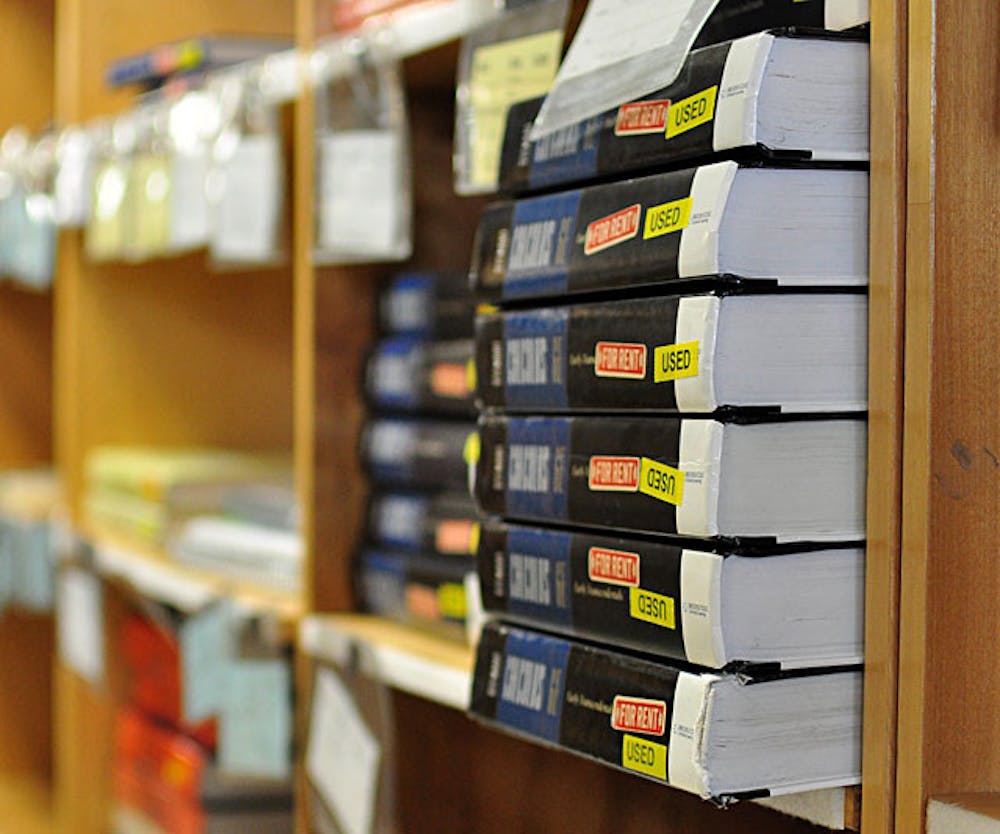Legislation that U.S. Congress passed in 2008 designed to reduce rising textbook costs went into effect July 1 and should start benefiting college students across the country when classes resume this fall.
As part of the larger Higher Education Opportunity Act, the Textbook Affordability Law is intended to lower textbook prices by implementing three provisions written by Assistant Senate Majority Leader Sen. Dick Durbin (D-IL).
Textbook publishers are now required to disclose prices, as well as explain changes made from edition to edition, when marketing their books to professors.
Currently, professors choose the texts their students use before each semester and according to research done by Student Public Interest Research Groups, 77 percent of professors said publishers rarely mention costs.
"Professors tell me they don't even know the prices of the books they assign for classes," Durbin said in a conference call Wednesday. "Now there's no excuse."
The second provision makes sure that bundled, shrink-wrapped textbooks will be a thing of the past, as publishers are now required to sell each item separately to give students a choice.
The research groups found these materials, like CD-ROMs or supplemental texts, raise costs by 10 percent to 15 percent even though most students and professors never use them.
Finally, schools must provide a textbook list to students for each course offered during registration, so they have more time to shop around and find the best deals.
Durbin said he hopes that, given this information, most professors will choose the most affordable option for students, and students will have the resources necessary to save themselves money.
Durbin said textbook prices have been rising at twice the rate of annual inflation for the last two decades. It has become such an economic burden on students that many students choose to forgo buying textbooks at all, which hurts their performance in class, Durbin said.
Steven D. White, a professor of marketing and international business at Dartmouth University, said he's seen this happen countless times in his classroom.
"This has become more pronounced," he said of students choosing to go without texts. "I can't tell you the number of students who come to me after performing badly on the first exam [and ask] to borrow my desk copy."
Durbin admitted that this is only the first step in the battle against overpriced textbooks.
He said he's now working on legislation that would mandate the use of government funding to support professors who write free, online, open-source texts.
While students can find reason to celebrate, Santa Fe College student David Rozier said he thinks it's too early to get excited.
"I feel that as professors, I don't think they're going to do as much as we'd expect," Rozier said, who works for textbook rental service omg.bookrenter.com.
Rozier is glad about the law, but he sees a lot of work ahead.
"Schools are all about the money," he said. "I think it's something slowly people will transition into."
Durbin said students need to be assertive about their rights and contact university administration if they don't notice these changes being implemented.
If that fails, he urges students to contact their local representatives, who may notify the Department of Education.






